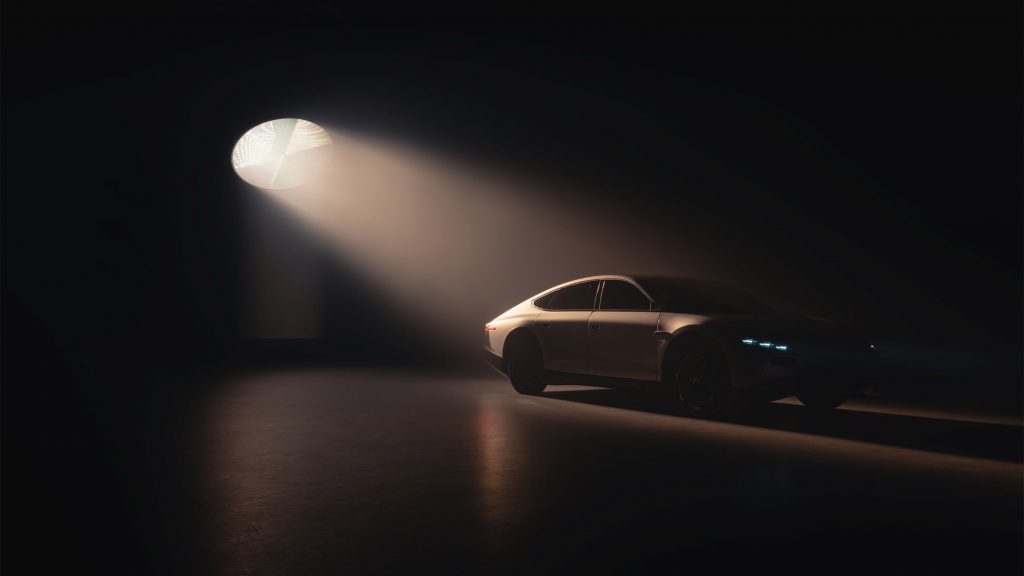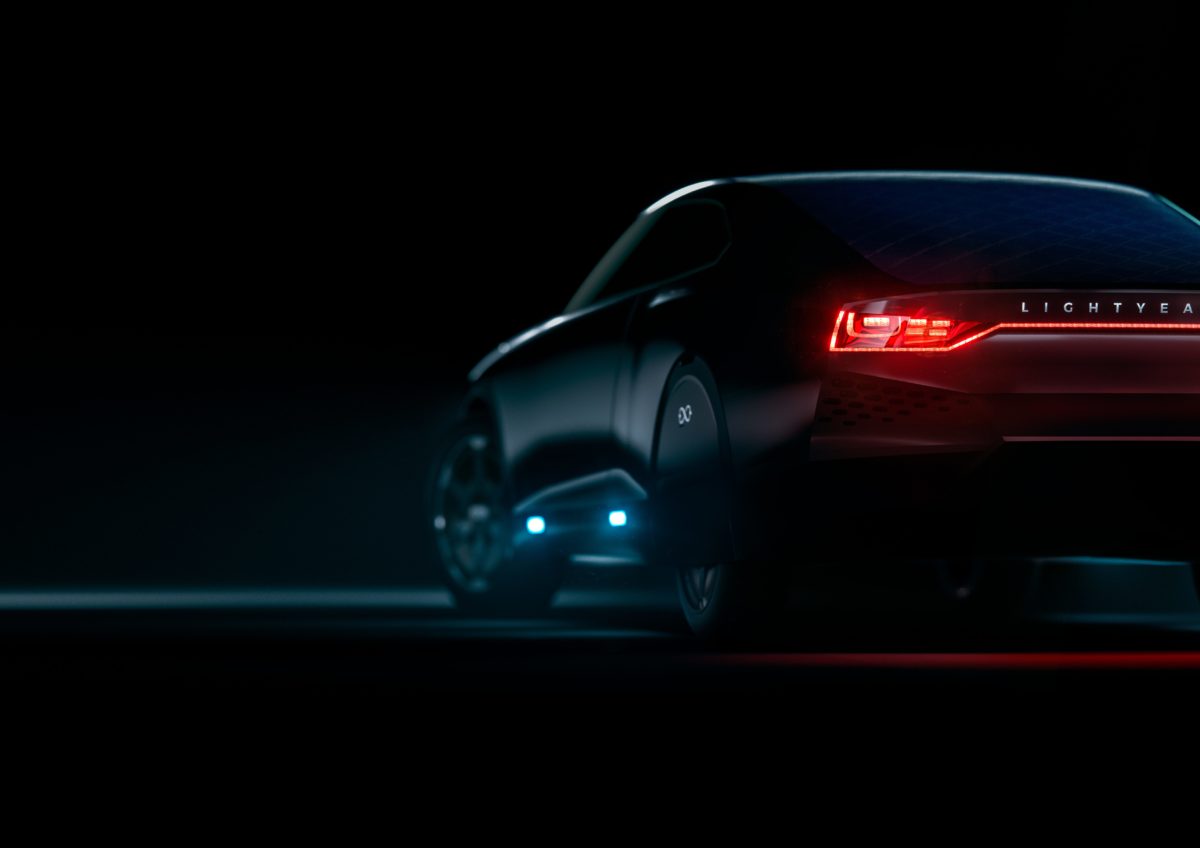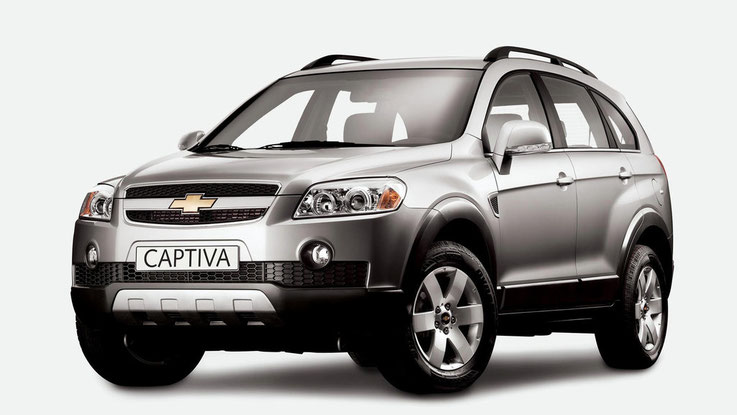Solar cars are becoming increasingly popular around the globe. They combine solar power with other technologies to make them faster, safer, and more efficient. There are now several different types of solar-powered cars on the market today.
The first electric car was invented in 1839. The motor was only 2.5 horsepower. These motors were very heavy, making it difficult for people to drive them.
Over time, engineers have come up with a variety of ways to improve this technology. We can now buy much lighter, smaller, and more powerful engines than ever before.
Today’s solar cars use photovoltaic cells to convert sunlight into electricity, similar to how we generate electricity from coal or natural gas.
You can get a car valuation in Dubai to get an accurate estimation of your car’s worth.
Table of Contents
Here’s all you need to know about these innovative vehicles.
Solar Vehicles Types
Hybrid
The most common type of solar vehicle is the hybrid model, which combines both solar cells and batteries. These cars use electricity generated by the sun to charge the battery, allowing the driver to travel long distances without having to stop to refuel. Hybrid models include the Sunswift III, Sunraycer II, and Sunraycer XR.
If you want to sell any car in UAE quickly and hassle-free, make sure it’s well-maintained.
Pure Battery-Electric Vehicle
Another type of solar car is the pure battery-electric vehicle, like the Sunraycer E100. This type of car uses only solar energy to generate electricity, which it stores in a battery. When the battery runs out of juice, the car switches over to conventional fuels. Pure battery-electric vehicles don’t require charging stations because they’re always plugged into the grid.
Hydrogen Fuel Cell Vehicle
Like a traditional internal combustion engine, a hydrogen fuel cell works by burning fuel to produce heat and motion. However, unlike a typical internal combustion engine, a fuel cell doesn’t burn anything; it converts chemical energy directly into electrical energy. Hydrogen fuel cells work similarly to how a laptop computer works. Instead of storing electricity in a battery, however, a fuel cell stores hydrogen in tanks. A hydrogen fuel cell vehicle produces no carbon emissions, making it one of the cleanest forms of transportation.

How Does It Work?
A car powered by solar energy doesn’t pollute the air or make a lot of noise. And it costs less than one fueled by gasoline. But how exactly does it work?
Photons knock electrons loose from silicon wafers, creating a current. That current powers a motor that turns the wheels.
The process takes place inside a photovoltaic cell, which converts sunlight into electricity.
Solar cells are used in everything from calculators to laptops to smartphones. They’re even being built into buildings.
But there’s still a long way to go before we see solar vehicles on our roads.
For now, most people think of solar power as something you use to charge gadgets like phones and tablets. But scientists say it could be the future of transportation.
Are There Any Drawbacks?
There are still some drawbacks to solar cars, though. For example, solar cars aren’t very fast, since they rely on sunlight to generate energy. Also, they tend to be expensive, especially compared to regular cars.
Current Developments
In 1955, General Motors introduced the Sunmobile, which became the world’s first solar-powered car, and it was powered solely by sunlight. However, the Sunmobile was never mass-produced because it wasn’t economical enough.
Today, companies like Tesla, BMW, and others are developing solar-powered vehicles.
The Sion is the first commercialized hybrid electric/solar-electric vehicle, meaning it runs on both electricity and solar energy. It can travel up to 160 miles on solar power.
Hyundai is one of many automakers working on building solar cars, including the Kona EV, which is expected to go into production next year.
Lightyear 0 is already in production. The Dutch competitor of Tesla says their Lightyear Zero is the most aerodynamic solar vehicle with an efficiency of 70 kilometers of range depending on the sun alone.






More Stories
13 Questions To Ask When Buying A Used Car
Find the Advantages Of An Automobile Transport Review
Cross Country Car Shipping A Guide